
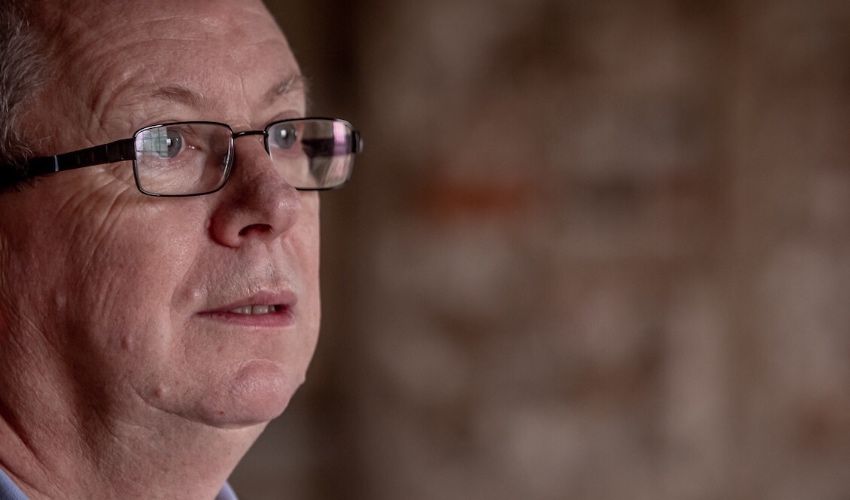

There’s an important distinction for Jersey Post. They are now a parcels business, which delivers letters, rather than a letters business which delivers parcels.
It’s a simple change, but also a fundamental one, and one which speaks to the stage they have now reached in a quickening business transformation, which has been given a hearty ‘shove’ by covid.
The majority of their business is now done outside of the island, which creates the revenues to support local services like letter delivery or post offices.
The fact that change is happening is nothing new, but the point it has now reached should be noted.
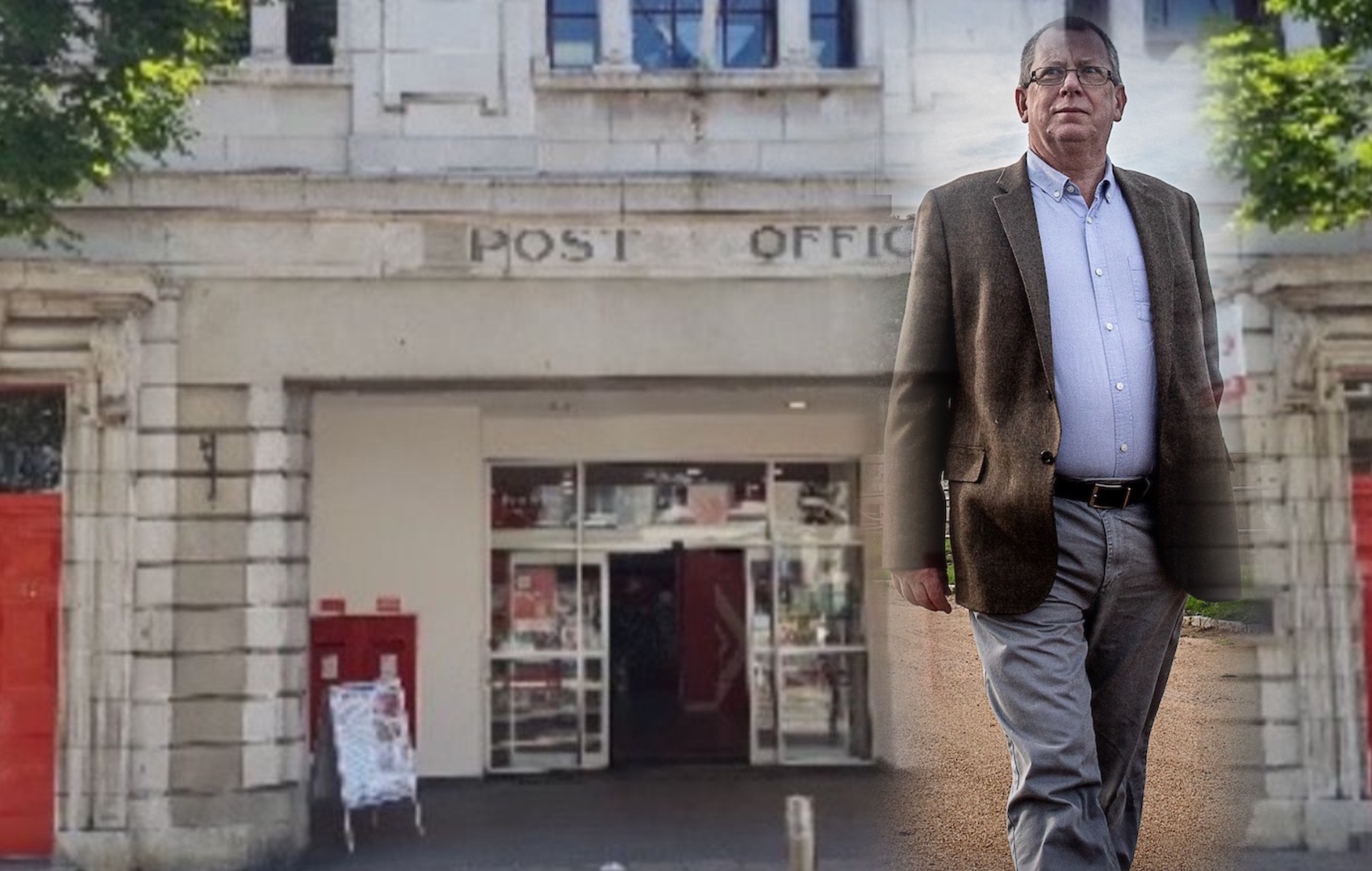
Pictured: "Every day was a Christmas peak in terms of parcel deliveries. Like every business, we had staff off sick and shielding, borders were closed, some warehouses shut early on, and there was a massive reduction in flights."
It was in their 2020 Business Review, which essentially described a business working through a major change program - a business shifting the focus away from traditional services to new ones; a business investing in new ideas, and needing to change legacy views of how it works.
Express spoke to its Chief Executive Officer, Tim Brown, and began by asking him about the numbers....
We did indeed report a small, reduced loss, but this is after taking account of a lot of accounting adjustments that don’t truly reflect how the underlying business is performing. The small loss has to be seen in the context of a 27% increase in turnover, 24% increase in gross margin and a profit before the accounting adjustments of £1.5m - £1m better than the year before.
Profit before tax has taken a short-term hit in the last few years because we have been investing here in Jersey (over £7m in the last five years) and in new capabilities for a sustainable future. We spend nearly £3m in IT every year alone. The steady increase in revenues shows that despite the decline in the original core postal business, our investment strategy is working.
However, 2020 also has to be viewed in terms of the huge challenges we faced as a result of the pandemic: letter volume fell by 20% and our counter business revenue fell by 45% resulting in a significant loss.
The greatest outcome was that colleagues maintained services, supported local businesses, and developed new solutions for tens of thousands of customers across 194 countries: I think that was a tremendous achievement.
If it wasn’t for the investments we’ve made, as well as the commitment of our staff, we would not have been able to ride the pandemic challenges. Those investments are also expected to deliver future revenue growth , providing a sustainable business for the long-term benefit of all Islanders despite short term fluctuations.
Tim Brown: Obviously, there were enormous challenges in 2020 because of the pandemic. Every day was a Christmas peak in terms of parcel deliveries. Like every business, we had staff off sick and shielding, borders were closed, some warehouses shut early on, and there was a massive reduction in flights.
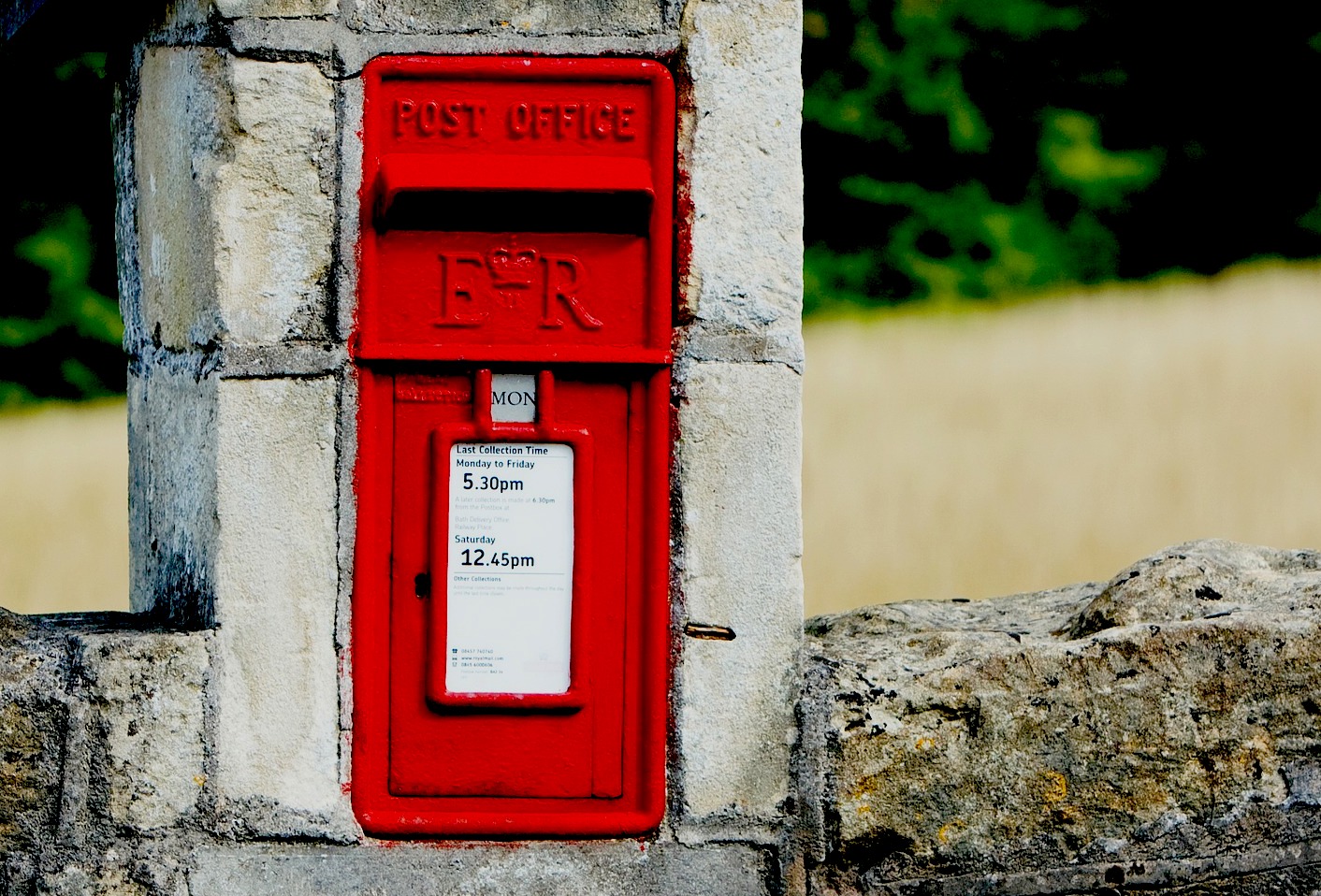
Pictured: "... 2020 also has to be viewed in terms of the huge challenges we faced as a result of the pandemic: letter volume fell by 20% and our counter business revenue fell by 45% resulting in a significant loss."
Meanwhile, our customers needed instant answers to their own logistics problems. Add to this the plummet in our foreign exchange business and retail counter sales, and you can see it was a very challenging time. Plus, don’t forget, we were also still preparing for the looming Brexit ‘deal or no-deal.’
Despite these challenges, our online parcel service, Parcel Monkey, saw significant growth in the UK and US. We also won a multi-million-dollar five-year contract with the United States Postal Service for deliveries from the US to Latin America. There were new opportunities in Jersey, such as delivering online orders for the Co-op, and our digital arm, Vaiie, is developing into a leading ‘in-island’ RegTech business. I’m also pleased with how we were able to support our own community by managing the conveyancing of covid-19 tests to the UK, delivering prescriptions, and offering free advertising for local businesses.
Through our various investments and acquisitions, we were able to offer an end-to-end eCommerce solution across borders. It was by investing in that integrated network that we were able to rise to the pandemic challenges and can face the future with optimism.
Tim Brown: It highlighted how important postal services and posties are. It was that which kept us connected and delivered the goods that people needed but were unable to go out and buy. It showed how important it is to be agile and to grasp opportunities and not lament changes or the way things were.
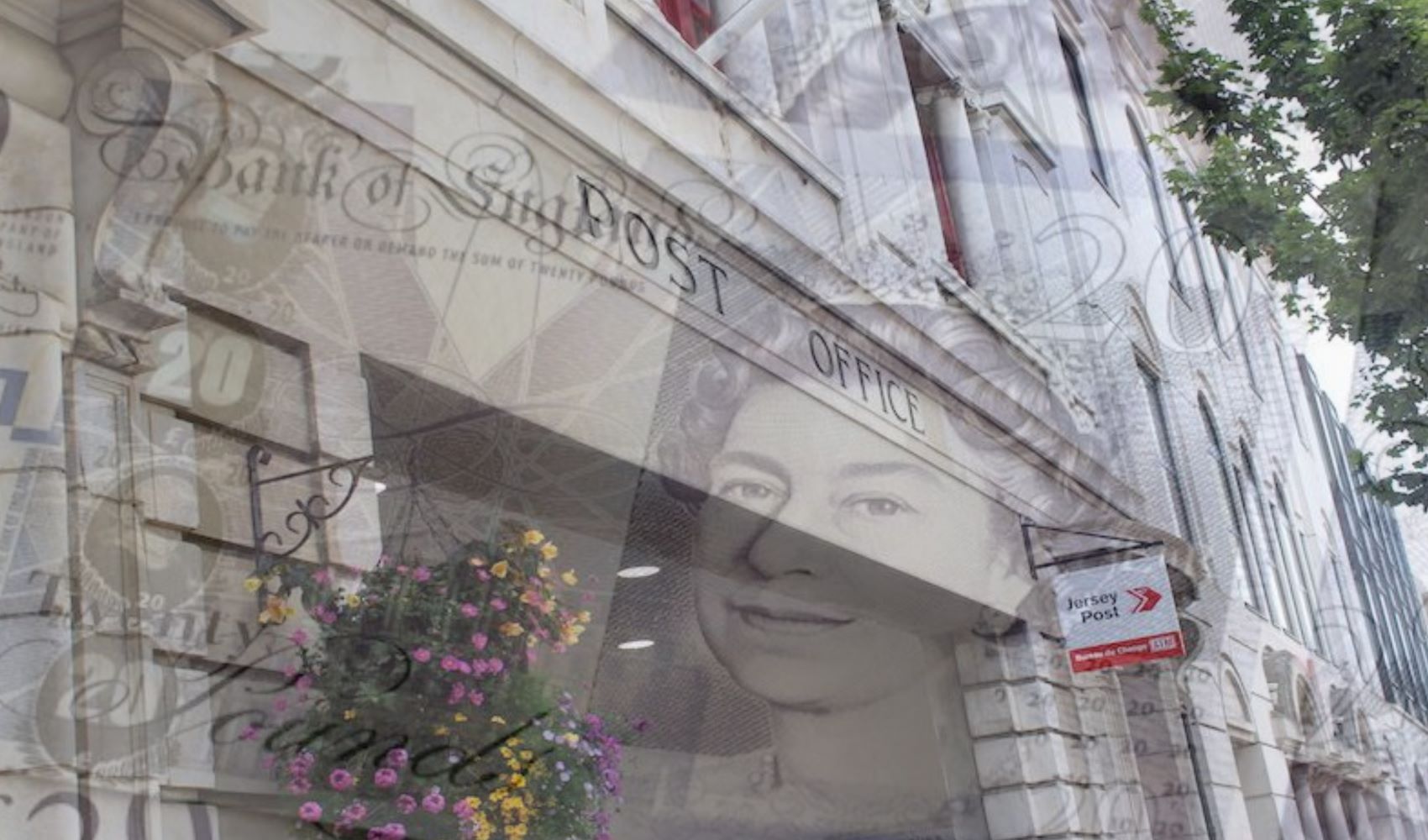
Pictured: "Profit before tax has taken a short-term hit in the last few years because we have been investing here in Jersey (over £7m in the last five years) and in new capabilities for a sustainable future. We spend nearly £3m in IT every year alone. The steady increase in revenues shows that despite the decline in the original core postal business, our investment strategy is working."
The pace of digitisation of most services increased several-fold during the pandemic, and that was no different for us. We were moving away from counter-service to online, and that has proven to be resilient and effective. It has been the perfect opportunity for our digital business, Vaiie.
It has also shown the importance of diversification and we want to build on that by increasing cross-border eCommerce and digital services. These aren’t new trends, just a faster pace. Our customers want wider solutions and we’re in a position to do that.
Finally, it helped change our mindset that we’re not different businesses, but one network which integrates and supports all areas.
Tim Brown: Absolutely, yes. The pandemic accelerated what were already existing trends (declining letters, increasing parcels, and increasing digitisation). Our investment in off-Island brings in the revenues that allow us to continue serving Jersey people and businesses on-island.
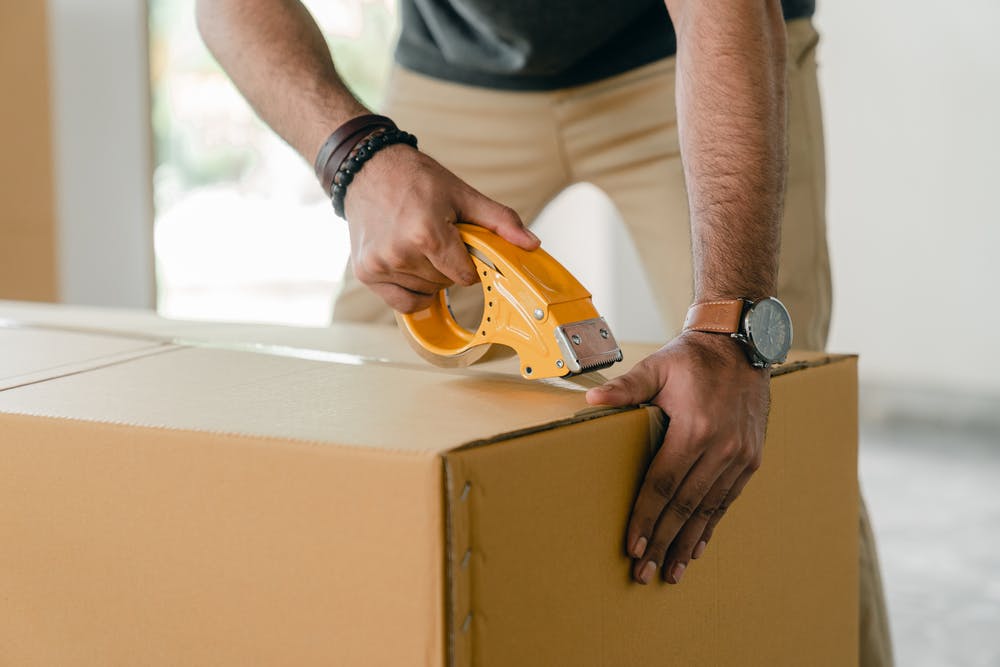
Pictured: "While everyone understands the shift to online retail, most people don’t stop to think how that item they ordered from the other side of the world, arrives on their doorsteps, and actually that’s the way it should be."
In addition, by capitalising on the global marketplace, we make the most of developing an international network which serves to support local businesses as well as bring revenues home.
Our global logistics functions now deliver a contribution greater than the profit from the core businesses. Our RegTech arm Vaiie is a newer investment and still growing, but it is going in the right direction. We will continue to grow our network and invest in digital solutions.
We have ongoing challenges, however, market changes post pandemic and Brexit and changes in international regulations on cross border trade means that the markets we operate in, including post, are more volatile year to year than in the past. This means we need to continue investing in transformation while maintaining the core services our Island community needs.
Tim Brown: I think people understand there has been a shift, but perhaps not to the full extent, in part because we have striven to maintain a ‘business as usual’ approach for our island customers.
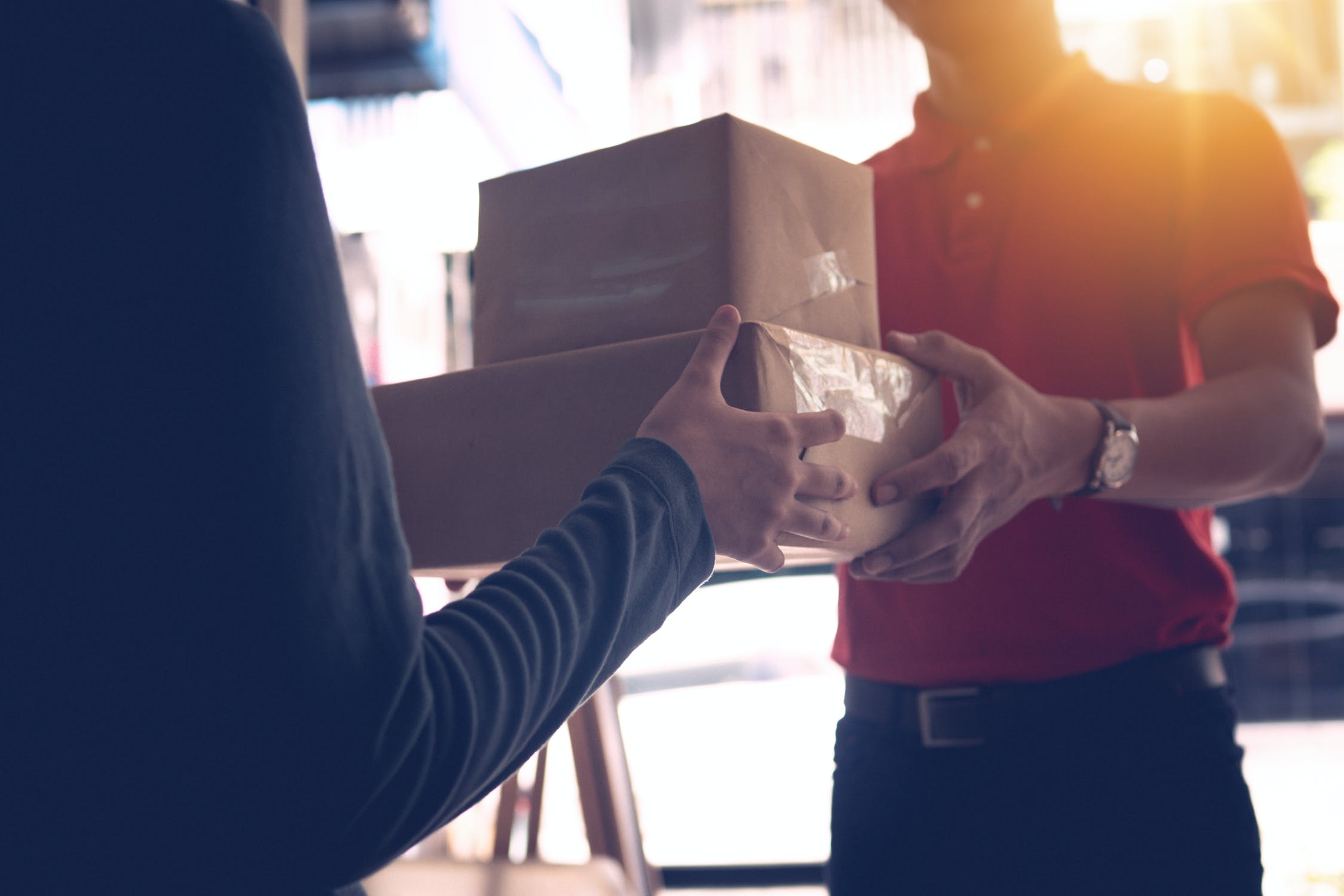
Pictured: "We have become a parcels business that also delivers letters, not a letter business that also delivers parcels."
While everyone understands the shift to online retail, most people don’t stop to think how that item they ordered from the other side of the world, arrives on their doorsteps, and actually that’s the way it should be.
Essentially, it’s our job to ensure that parcel gets to them smoothly without drawing attention to the logistics. It’s also our job to ensure we can make a profit from that process which ultimately goes back into the island coffers.
Tim Brown: We have become a parcels business that also delivers letters, not a letter business that also delivers parcels. Cross-border eCommerce was growing steadily but saw a huge leap in the pandemic period. In the year to October 2020, we imported 3.6 million parcels, and exported 5.4 million. There was also a near 30% decline in letters and that hasn’t come back post-pandemic. It is the death-knell for letters as any kind of core service that could prop up a postal business.
By becoming a cross-border logistics business, we are able to satisfy the needs of our parcel business, and by investing in digital, we can not only bring it all together, but create new opportunities, services and products.
What’s the strategy (or strategies) behind the various acquisitions Jersey Post has made, such as Woodside, Fetch, and increasing its shareholding in GePS?
Tim Brown: 60% of our business is no longer postal, it’s logistics. We support not only local eCommerce exports, but businesses around the world, principally out of the UK and USA. We provide warehousing, fulfilment, road freight and customs clearance.
That helps us by not only providing profits to the company but enabling us to attract skills which can benefit all areas of the business. We now have global expertise in cross-border logistics and a network of freight, warehousing, fulfilment and final mile in Jersey, so our recent acquisitions fitted well in that strategy.

Pictured: "We now have global expertise in cross-border logistics and a network of freight, warehousing, fulfilment and final mile in Jersey, so our recent acquisitions fitted well in that strategy."
GePS is a USA based wholesaler of outbound final mile solutions to eCommerce businesses in the USA, mainly to Europe, Australia and New Zealand. Woodside is a Jersey-based road logistics business that specialises in on/off Island freight.
That gives us economies of scale with Fraser Freight, our south coast based European road freight business. Adding these businesses to our existing network allows us to integrate support services, buy better because we are consolidating demand, offer joined-up solutions and launch a common product set.
With the acquisition of Fetch, the Jersey-based marketplace platform; we are able to blend the physical with the digital, our logistics side with our online capabilities, and our commitment to support local businesses, with increasing our skills and experience.
Tim Brown: We are a small market – 44,000 addresses, 110,000 people – that’s half the size of Brighton, or Reading in terms of population. With one shareholder who has the interests of the island we serve at heart, we can be agile, reactive and focus on long-term value.
We partner with Government to serve the island, and yet we have the independence to innovate and develop other partnerships and relationships. It is a great combination and needs to be protected
Jersey’s Government recognises the need to view our business in the longer term, rather than seek short-term gains. They provide constructive advice and guidance. Our relationship allows us to work collaboratively with government, which we are doing with our joint development of a new digital ID solution through Vaiie, and we have several other projects which we hope to work with them on as partners.
This feature first appeared in Connect, which you can read in full by clicking HERE.
Comments
Comments on this story express the views of the commentator only, not Bailiwick Publishing. We are unable to guarantee the accuracy of any of those comments.